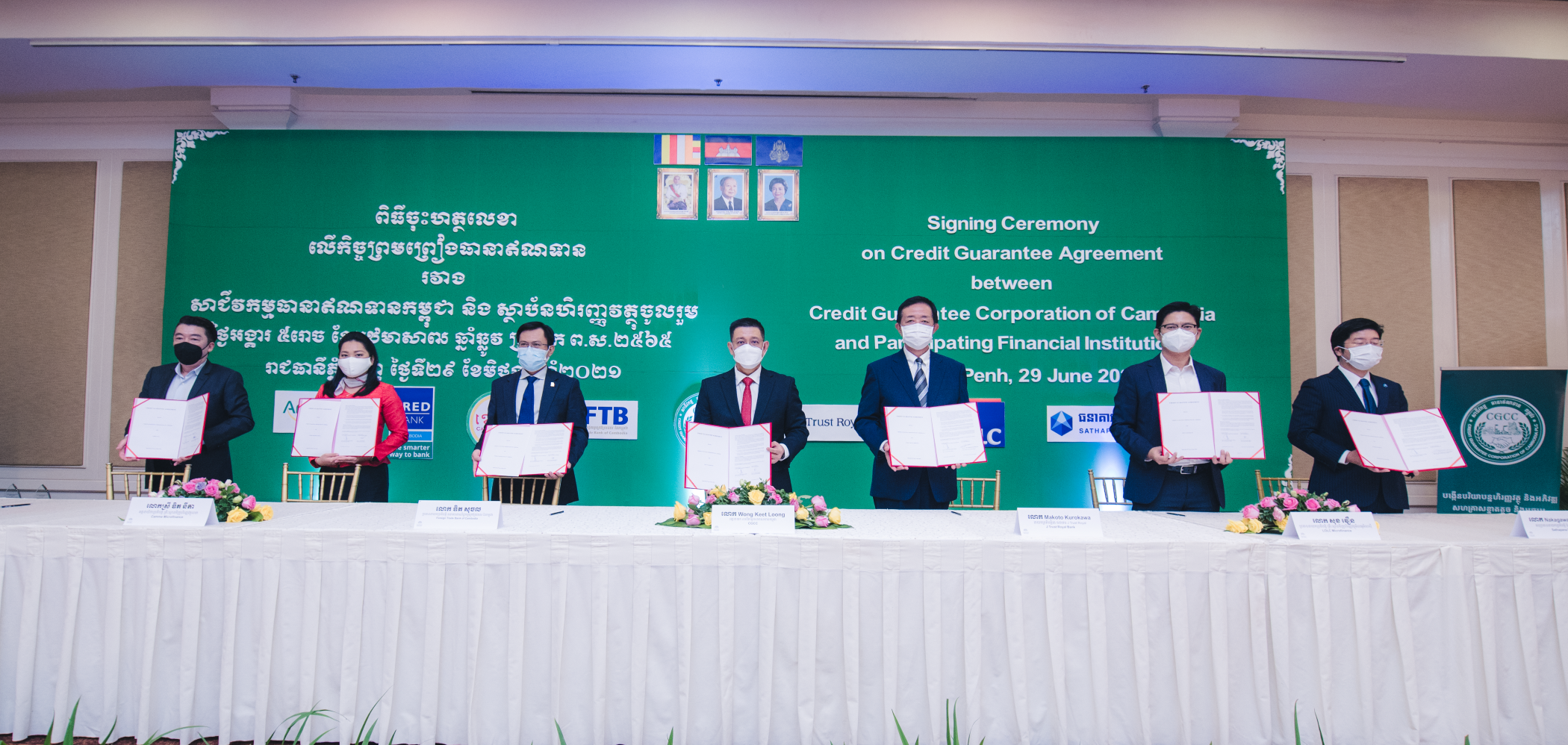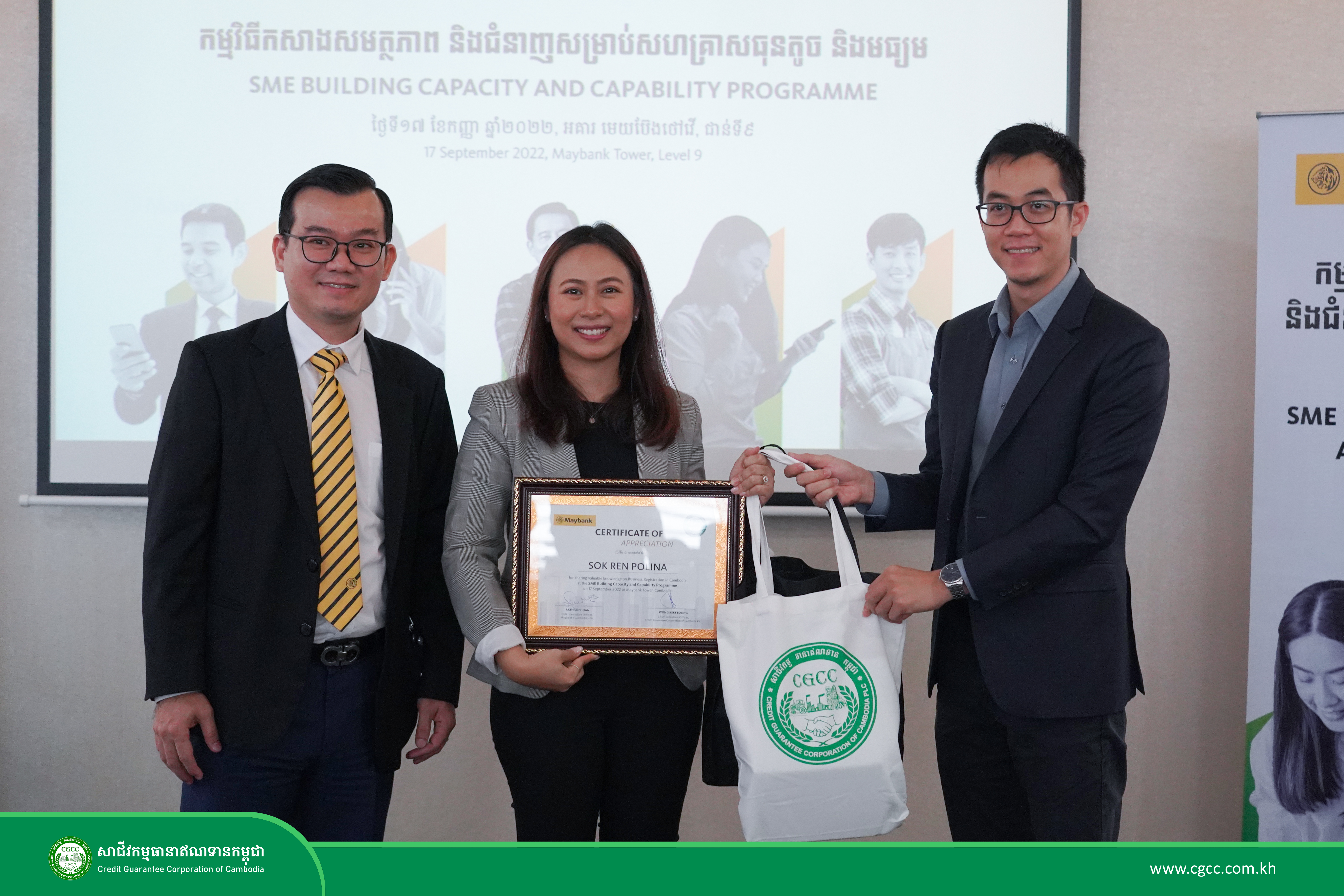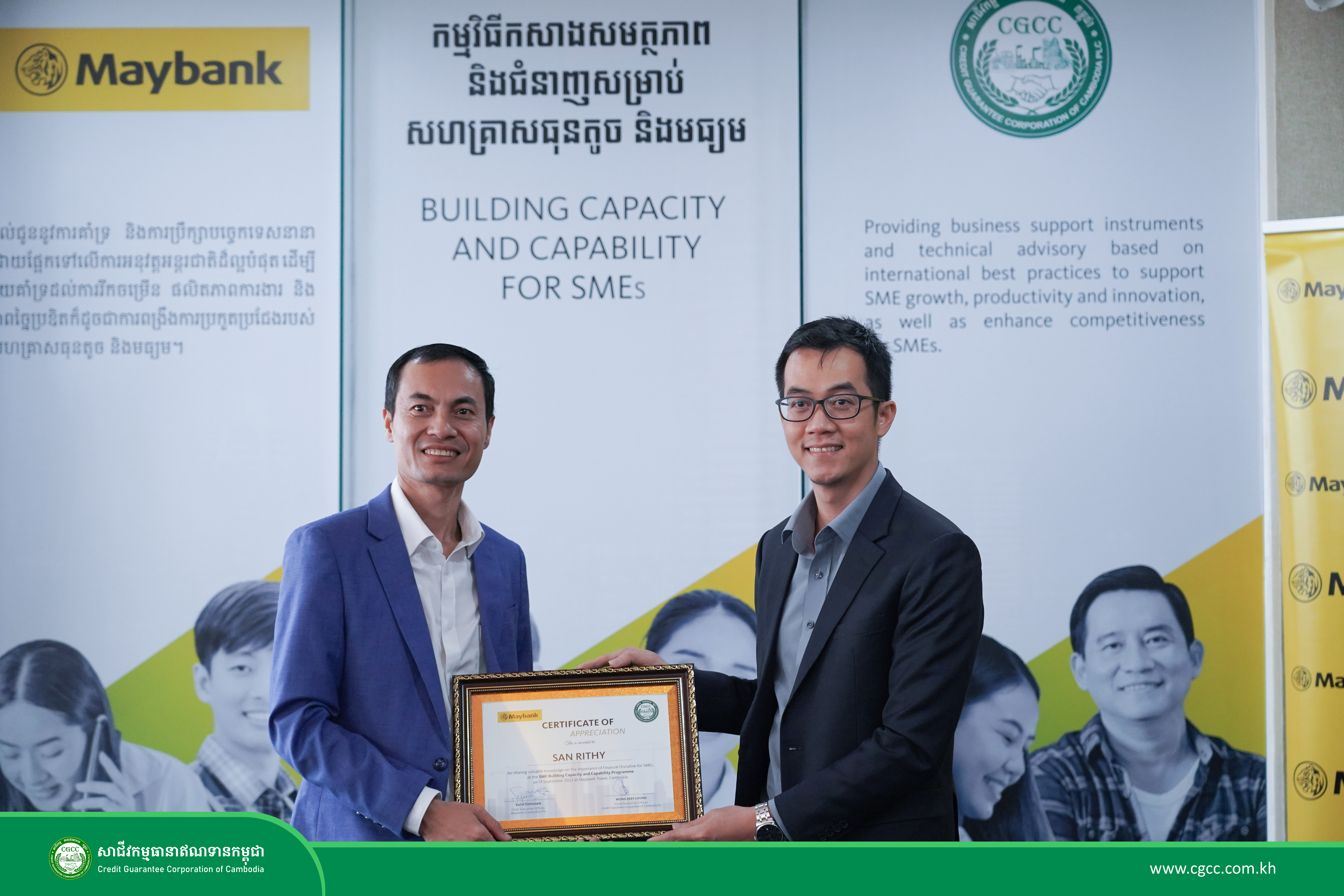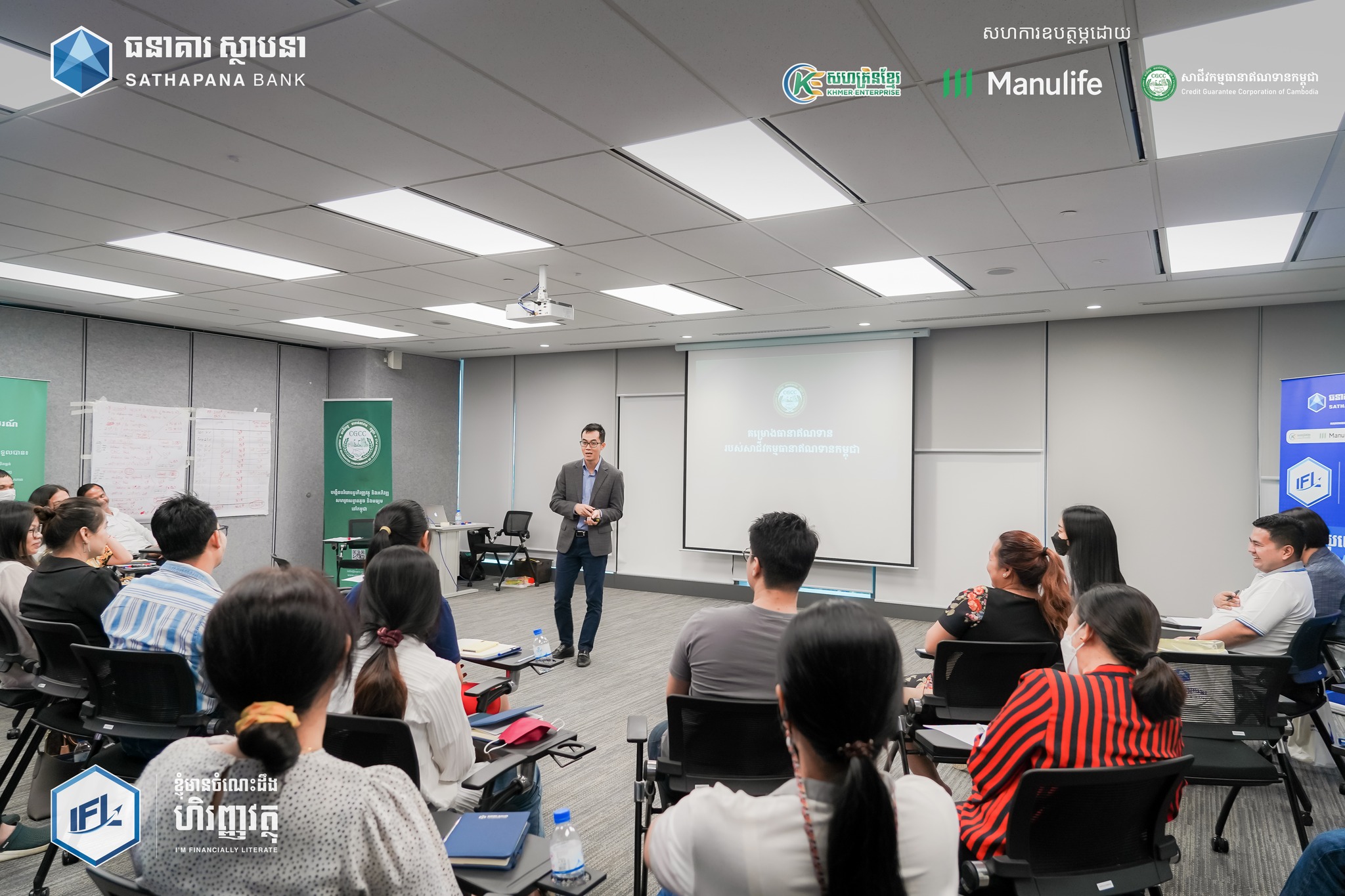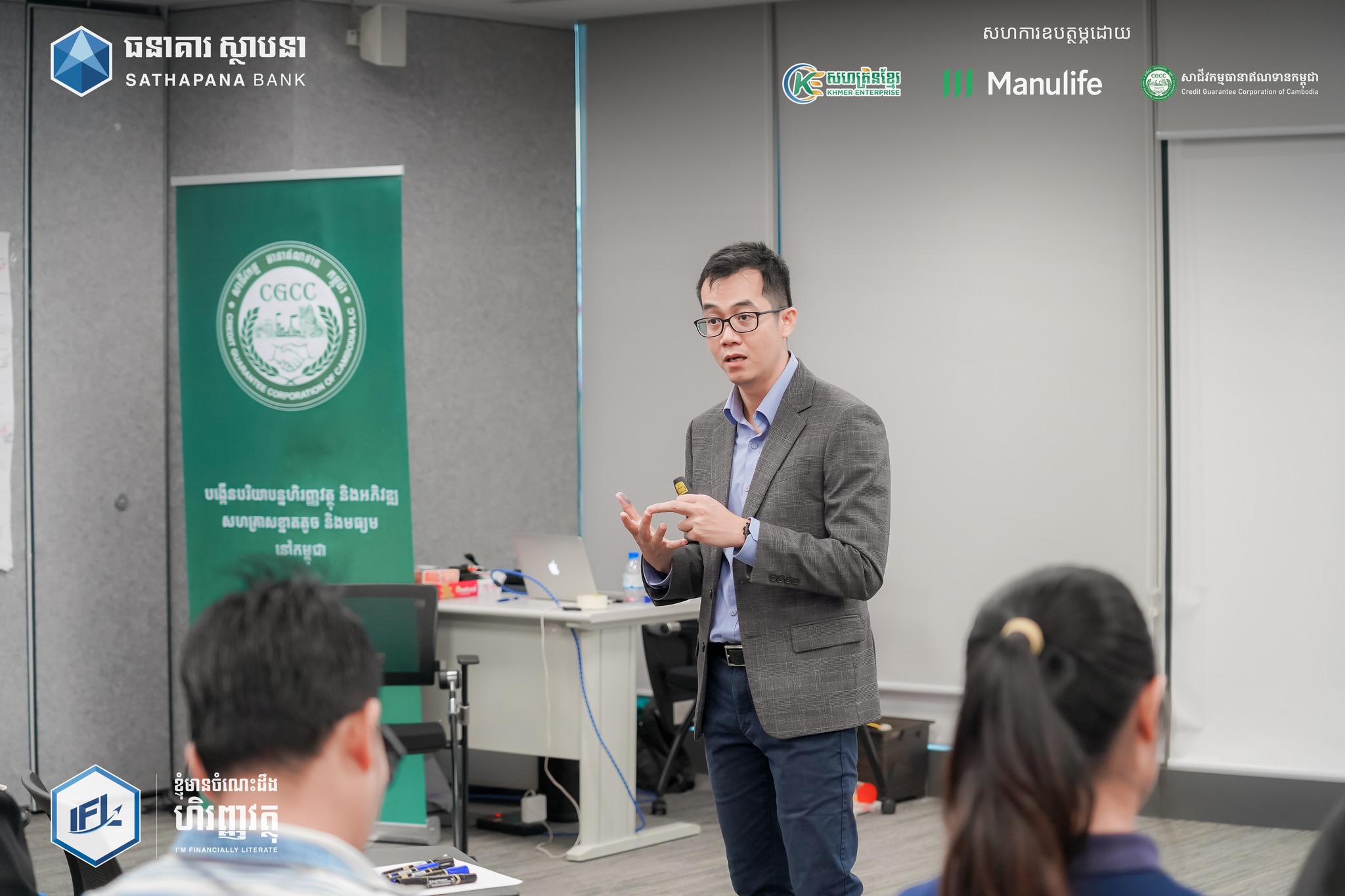Read and Download in PDF: Hear from our PFIs_Canadia Bank
- As one of the first banks who become CGCC’s PFIs, what motivates Canadia Bank to utilize the credit guarantee schemes with the existing loan products of Canadia?
One of the main reasons that motivates us to use credit guarantee schemes is that we believe that the CGCC credit guarantee scheme can help potential business owners who need loans to for their businesses but do not have enough collaterals to access more capitals to meet the financial needs of their businesses, especially to recover and expand the businesses after the COVID crisis has been eased.
- After adopting CGCC’s credit guarantee schemes for more than a year, how do those schemes benefit the bank and your customers?
We have provided loans under the CGCC credit guarantee schemes to more than 200 clients with a total loan size of nearly $ 20 million over the past year. Through these guaranteed loans, clients are able to expand their business in various sectors that generate more employment and contributed significantly to the country’s economic recovery.
- How does Canadia Bank structure loans with credit guarantee?
We have CGCC’s guaranteed loan programs for potential clients with good credit histories and clear business plans. It can be provided to both existing customers and new customers.
- Recently, both Canadia Bank and CGCC have each launched products supporting women entrepreneurs. How will the “Smart Lady Loan” and CGCC’s “Women Entrepreneurs Guarantee Scheme” (WEGS) impact women-owned SMEs in greater access to finance regarding unsecured loans?
“Smart Lady” of Canadia Bank and “Women Entrepreneur Guarantee Scheme (WEGS)” of CGCC are making a significant contribution to support women entrepreneurs to access to the finance for their business needs, avoiding high-risk and risky loans. Through these two projects, women entrepreneurs have not only been able to access their loans more easily and conveniently but have significantly reduced their financial costs, especially in the first year, which included lower interest rates and guarantee fees. In addition, women entrepreneurs will receive many other benefits through the Smart Women Lady loan program from Canadia Bank.
- Canadia Bank is currently the top performer of using CGCC’s scheme, what is Canadia Bank’s strategy of further expanding the usage of credit guarantees, especially to the rural area SMEs?
We continue to reach out to our target customers, especially those who have potential businesses but do not have sufficient collateral to secure a loan. We will also continue to link credit guarantee schemes with our new loan products to provide a wider range of options for our customers.
- As the credit guarantee topic is a new topic in Cambodia, how should Canadia Bank and CGCC do to raise awareness of credit guarantee to the borrowers?
In order to raise awareness about credit guarantee, we should continue to promote it more comprehensively, especially reach out to more business owners through social media, workshops, business associations, etc.






